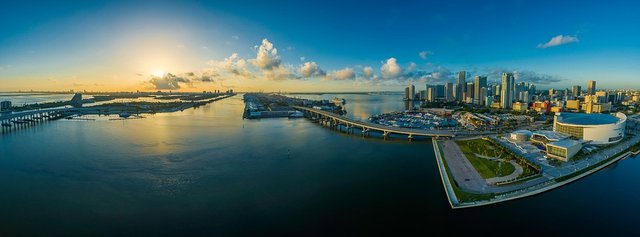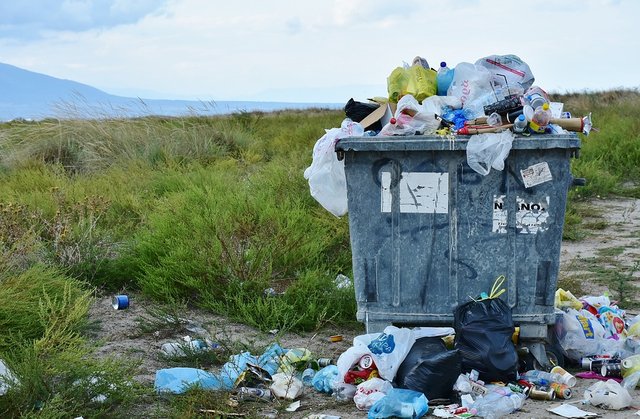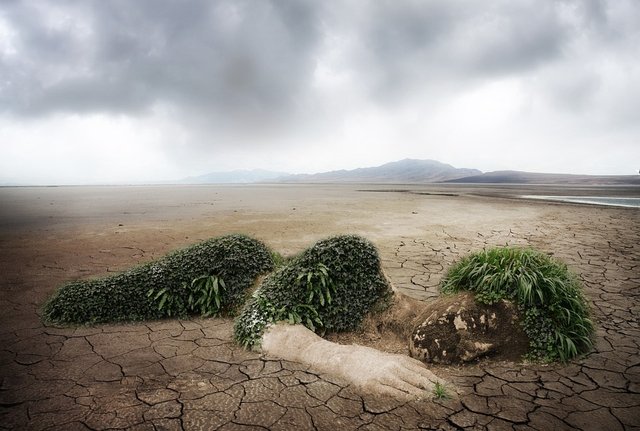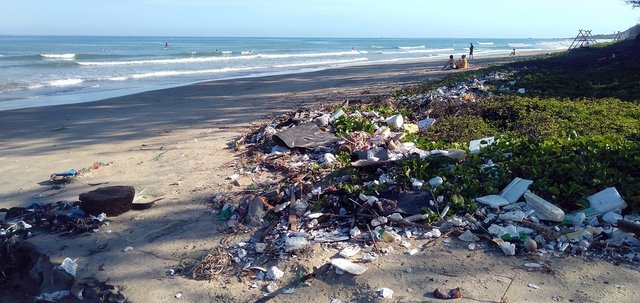Urbanization and biodiversity projected consequences to 2050.

Source: pixabay.com
In the midst of this process of urbanizing and even overpopulating spaces, nature and all life in it suffers. When hectares of forest are cut down, when fields are paved to make roads, rivers are diverted and barriers are put to the sea; we are irreparably altering the planet and with it the ecosystems. Among the consequences to biodiversity we have:

Source: pixabay.com
1.- Large urban developments end up with the home of thousands of species and there are very few that can survive in coexistence with people and all the pollution they generate.

Source: pixabay.com
2.- The problems of air and water pollution, especially the water generated from the treatment of sewage becomes one of the first sources of poisoning of lakes and rivers that are in areas near the urban developments and kill the species that live there.
3.- The fauna is contaminated by toxic substances that are a product of people's economic activities or daily life.

Source: pixabay.com
4.- The displacement of species from their habitats for the construction of housing and other urban development. This generates a disaster at the level of natural balance, because there are species that need to be in areas or spaces separated from others for different reasons and they do this naturally. When they are displaced, species are forced to coexist in reduced spaces where the selection and survival will be that of the strongest species, which brings about extinction.

Source: pixabay.com
Currently there is talk of a concept that links urbanization with biodiversity and it is about urban biodiversity, from my point of view there is still much to review, but so far I do not see possible the harmonious coexistence of both terms. In another article we will analyze if it is possible to urbanize while respecting biodiversity. Thank you for reading my post, if you like you can comment on the consequences of urbanization and overpopulation of natural spaces?

Thank you, friend!


I'm @steem.history, who is steem witness.
Thank you for witnessvoting for me.
please click it!
(Go to https://steemit.com/~witnesses and type fbslo at the bottom of the page)
The weight is reduced because of the lack of Voting Power. If you vote for me as a witness, you can get my little vote.
greetings @tomaspalomo
we have to go back to the villages , no doubt that there you live better , less pollution of land , water , environment among others , plus more land to produce and less crime .we are finishing ourselves with the poor distribution of space .